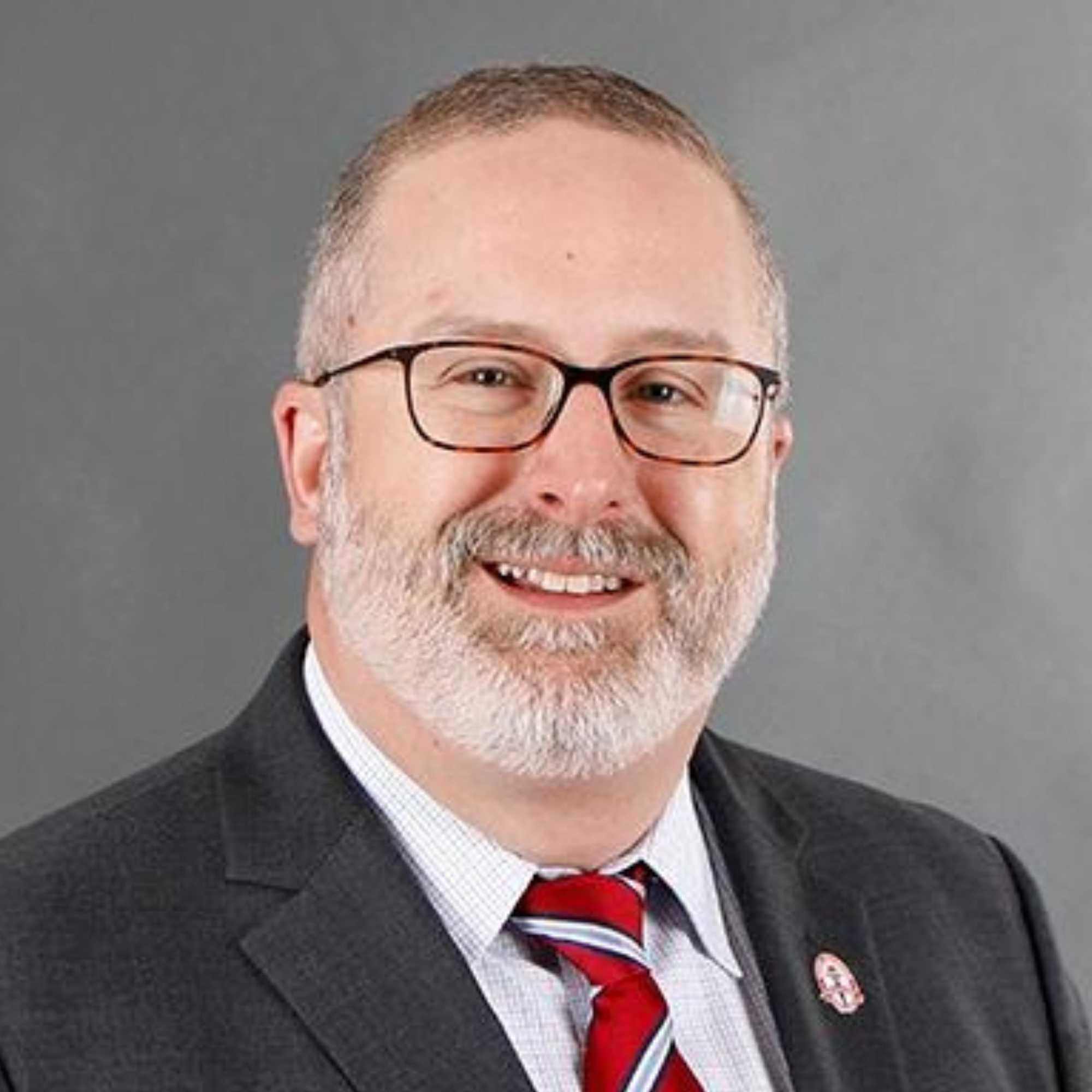The evangelical label has fallen on hard times. A growing number of Americans treat it almost like a slur, especially on social media. The terms evangelical and evangelicalism are contested by scholars, controversial in the public square, and confusing to many churchgoers. Pundits, pollsters, journalists and many scholars are convinced evangelicalism is primarily a special interest group that skews disproportionately Republican. Regrettably, the growing number of “cultural evangelicals” who are politically conservative lends some credibility to those claims.
At its core, however, evangelicalism has always been a spiritual movement that is focused upon basic Protestant doctrine, the centrality of the Gospel, the need for personal conversion and the active faith of born-again believers. The historical roots of modern evangelicalism are found in the First Great Awakening, not the Moral Majority.
As a historian who writes about the intersection of faith and culture, I’m keenly interested in debates about evangelical identity. But as a believer and a pastor, I’m far more interested in contending for evangelical faithfulness in a time of confusion and compromise. To that end, I want to commend the following commitments of what I call classical evangelicalism.
- Classical evangelicals are committed to what is often called the Great Tradition of Christian orthodoxy. While classical evangelicals have differing perspectives on the use of creeds and confessions, all affirm the ancient creedal consensus of the church catholic.
- Classical evangelicals affirm reformational perspectives on Scripture and salvation. The Reformation’s emphases on Scripture alone, Christ alone, grace alone, faith alone and God’s glory alone remain just as important today as they did five centuries ago.
- Classical evangelicals believe the Bible is God’s trustworthy written words for humanity and that those words are enough to guide us in our spiritual flourishing. Classical evangelicals remain steadfastly committed to biblical infallibility, inerrancy and sufficiency.
- Classical evangelicals acknowledge that the heart of Jesus’ saving work on the cross is His penal substitutionary atonement on behalf of sinners. As the 150-year-old hymn proclaims: “Bearing shame and scoffing rude, in my place condemned he stood, sealed my pardon with his blood: Hallelujah, what a Savior!”
- Classical evangelicals affirm the exclusivity of Jesus Christ and the necessity of personal faith. There are no other pathways for humans to be reconciled with our Creator. The proclamation of the Gospel is God’s only plan for saving the spiritually lost.
- Classical evangelicals embrace a holistic vision of witness that includes both personal evangelism and public engagement. We are committed to an active faith that includes sharing the Gospel, serving the needy and advocating for authentic human flourishing.
- Classical evangelicals are committed to a robust biblical vision of gender complementarity, monogamous heterosexual marriage and sex only within the bounds of authentic marriage. We are willing to be countercultural in an era that has lost its way in these matters.
Each of these commitments is controversial, even within the visible church. Indeed, even some self-identified evangelicals reject one or more of them. But again, I’m not arguing for what does or does not characterize certain evangelicals. Rather, I’m arguing for what biblical beliefs and priorities ought to characterize evangelical believers. There are millions of Christians who hold these beliefs, and these are the particular believers whom I’m calling classical evangelicals.
Classical evangelicalism is in continuity with the early fundamentalists who opposed modernism in the mainline denominations a century ago. Fundamentalism and evangelicalism were complementary names of the same wider movement until the 1950s when they divided over priorities and personalities. Classical evangelicalism is also in continuity with the postwar “new evangelicalism” identified with men such as evangelist Billy Graham, theologian Carl F. H. Henry and pastor and seminary president Harold John Ockenga. These men and their colleagues were committed to sound doctrine, personal evangelism, global missions and national renewal.
Classical evangelicalism has always been an interdenominational and nondenominational movement that transcends denominational and other ecclesial boundaries. However, some denominations are characterized by classical evangelical commitments. For example, my own Southern Baptist tradition has experienced a classical evangelical renewal in this century because of the Conservative Resurgence during the final two decades of the previous century.
Classical evangelicals aren’t perfect, of course. We are still sinners. At times we’ve been captive to our culture, plagued by scandal and prone to hypocrisy. We should own all our history, lament past shortcomings and repent when we remain complicit in sin. But we must also make clear that the sad reality of sin doesn’t negate the truthfulness of classical evangelical beliefs. “Exvangelical” deconstruction, which too often downplays or rejects sound doctrine and biblical ethics, is not the appropriate response to sin in the camp.
In closing, I sincerely believe that what I’m calling classical evangelicalism remains the most biblically faithful expression of Christianity. Ours is an age characterized by theological downgrade and moral decadence. By God’s grace, classical evangelicals must keep the faith – for the glory of God, the integrity of our witness and the sake of authentic human flourishing.
Nathan A. Finn is professor of faith and culture and executive director of the Institute for Transformational Leadership at North Greenville University. He is also the Recording Secretary of the Southern Baptist Convention.

